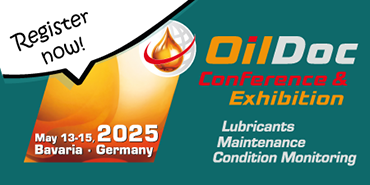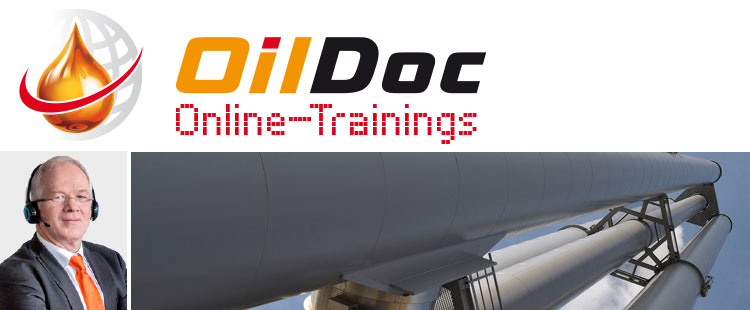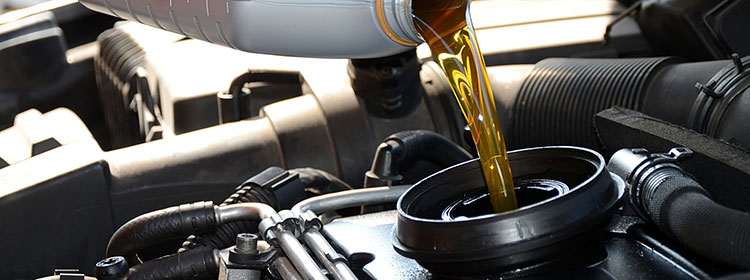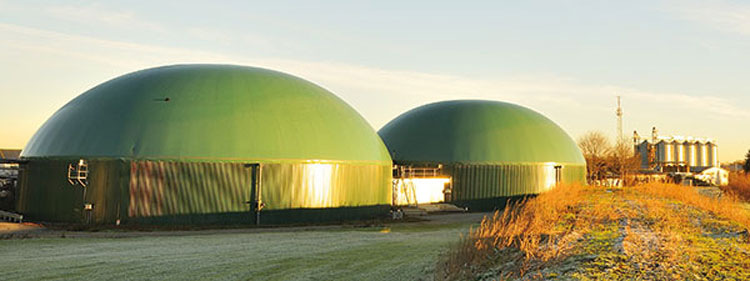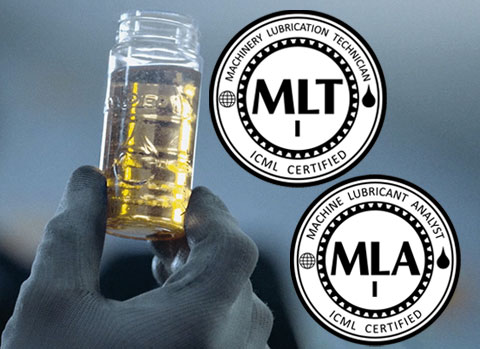The most important facts in brief:
The lubrication of gas engines, especially when operating with landfill or bio gases, and the gas engines themselves require careful monitoring: not only are they exposed to extreme loads, but problems are also caused by the highly fluctuating composition and impurities of the gases used. All of this has a direct impact on the condition of the gas engine oil.
Regular monitoring of the oil allows problems to be recognised in good time. The analysis values in conjunction with the corresponding expertise of the technicians can reduce gas-related risks. Defined limit values for the various test procedures are also a key criterion for determining condition-dependent oil change intervals.
In the five modules of this practice-orientated training series, you will learn everything you need to know about lubricating and monitoring gas engines, selecting the right lubricant, operational oil changes and setting sensible limit values.

